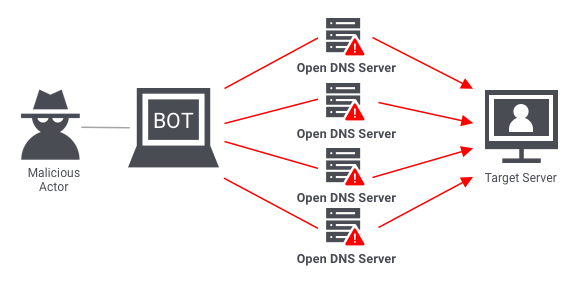Understanding DDoS Attacks

Distributed Denial of Service (DDoS) attacks have become a prevalent threat in the digital age. They are malicious attempts to disrupt the regular traffic of a targeted server, service, or network by overwhelming it with a flood of internet traffic. The consequences of a successful DDoS attack can be severe, ranging from financial losses to reputational damage and more.
DDoS attacks come in various forms, each with its own characteristics and techniques. Understanding these attack types is essential in order to protect your online assets effectively. Here are some common categories:
- SYN/ACK Flood: This attack exploits the TCP handshake process by overwhelming the target with synchronized and acknowledged (SYN/ACK) packets.
- UDP Flood: In a UDP flood attack, the attacker sends a barrage of User Datagram Protocol (UDP) packets to saturate the target's bandwidth.
- HTTP Flood: This attack targets web servers, flooding them with HTTP requests, causing them to slow down or crash.
One of the most challenging aspects of DDoS attacks is their distributed nature. Attackers often use a botnet—a network of compromised devices—to launch these attacks, making it difficult to trace the source and mitigate them effectively.
If your website, online service, or business network is vulnerable to DDoS attacks, the consequences can be devastating. Your users may experience downtime, services may become unavailable, and potential customers might be driven away. In the worst-case scenario, the financial impact can be significant.
Protecting Against DDoS Attacks
It's essential to implement robust DDoS mitigation solutions to protect your online assets and ensure uninterrupted service availability. These solutions employ various techniques, including traffic filtering, load balancing, and the use of Content Delivery Networks (CDNs) to mitigate the impact of attacks.
Choosing a reliable DDoS protection service is critical. myProtect is a trusted provider of DDoS protection services. With myProtect, you can safeguard your online presence and maintain the availability of your services. Their solutions are designed to detect and mitigate DDoS attacks in real-time, ensuring that your mission-critical operations remain uninterrupted.
Don't wait until you become a victim of a DDoS attack. Take proactive steps to secure your digital assets and protect your reputation. By partnering with a reputable DDoS protection service like myProtect, you can focus on your core mission—delivering exceptional products and services efficiently.
Comments
Post a Comment